Dear Reader,
You probably don’t know me. But if there was one thing I’d like to tell about myself, it’s that I worship work. At the cost of sounding like a terrible person, I have to confess that I’ve judged people based on how much they work. The more time they spend working, the more value I see in them, as if working long hours was a hallmark of passion and dedication. And this doesn’t just apply to others, I’ve been held myself to the same standards.
The glorified all-nighters I pulled off in college are as much a proof as the endless extra hours and working weekends I’ve spent in the last one year with Kala Maitri in Maheshwar, Madhya Pradesh. I’ve taken great pride in what I do and how much time I dedicate to doing it. There are plenty of people in my bubble who mirror the same pride. While work remains a necessity for a large part of the population in my country, there are also the likes of me, the college-educated elite, for whom work has morphed into a kind of religion, promising identity, transcendence, and community.


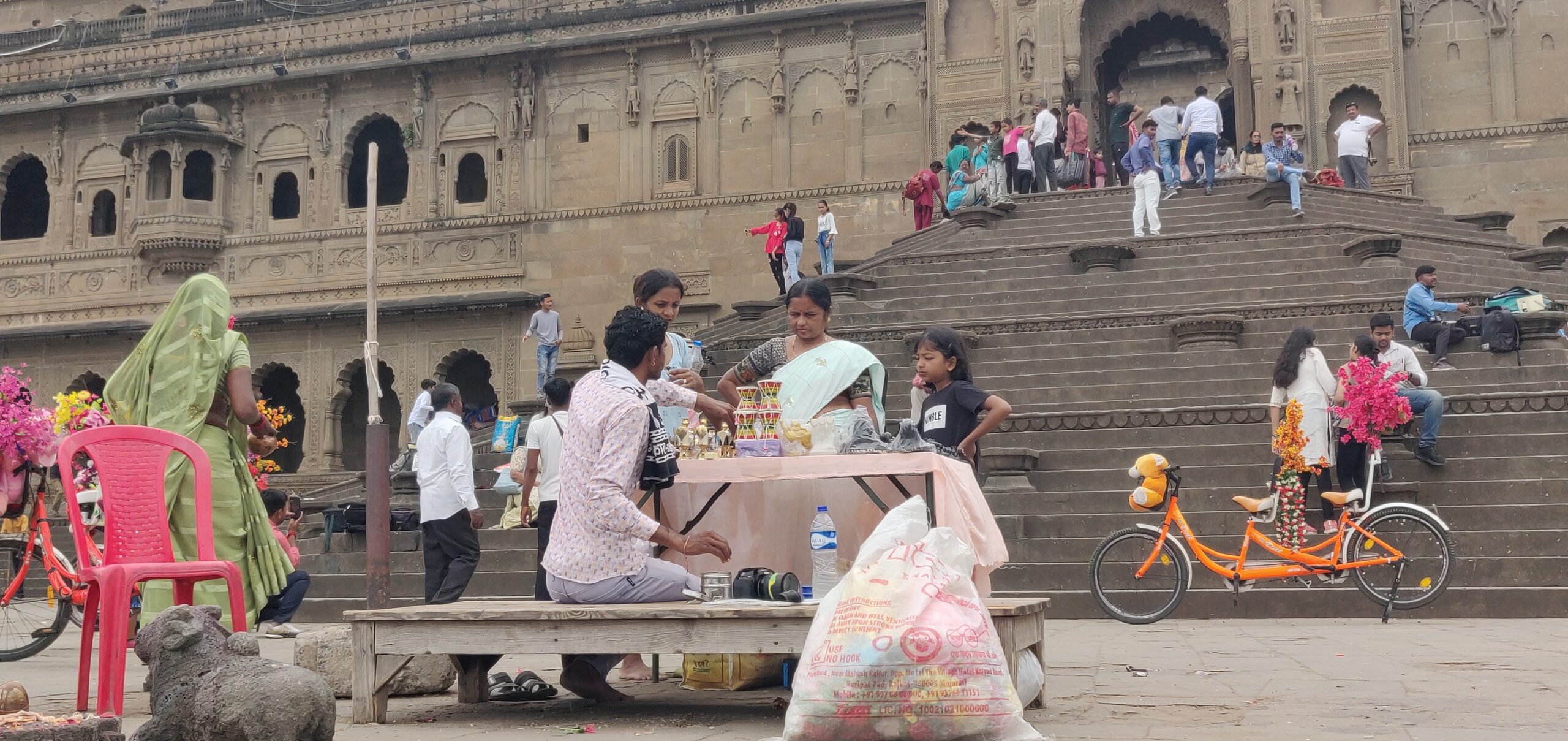
Derek Thompson likes to call it “Workism”. From what the internet says, the word seems to have originated for Americans but can be used in other contexts as well. Workism is rooted in the belief that employment can provide everything we have historically expected from organised religion. This worship of work that Derek talks about is my default setting. The kind that David Wallace from ‘The Office’ describes in his speech.
“Look, the insidious thing about these forms of worship is not that they’re evil or sinful; it is that they are unconscious. They are default-settings. They’re the kind of worship you just gradually slip into, day after day, getting more and more selective about what you see and how you measure value without ever being fully aware that that’s what you’re doing. And the world will not discourage you from operating on your default settings, because the world of men and money and power hums along quite nicely on the fuel of fear and contempt and frustration and craving and the worship of self.”
Two people on my team were fired last month, and two others resigned. As much as it made me angry, anxious, and afraid, it held up a mirror to my default setting. I had seen each one of them stay back at the office way past 6 pm quite regularly. It began feeling like they are indispensable to the organization. The gaping hole that their absence would create in the work, worried me. The fact that they could so easily give up the work I had seen them do for so long made me angry. I also feared the amount of work it would add to my already long enough to-do list.
Also read: Image of a working woman
The fear, frustration, and contempt came from thinking that them leaving was going to get in the way of my work, the centre-piece of my life. How devastating, no? You might think that I’m exaggerating this but I’m not. This is how I think and experience the challenging parts of work – where I operate on the automatic, unconscious belief that work comes first and that my needs and feelings about work determine my priorities.

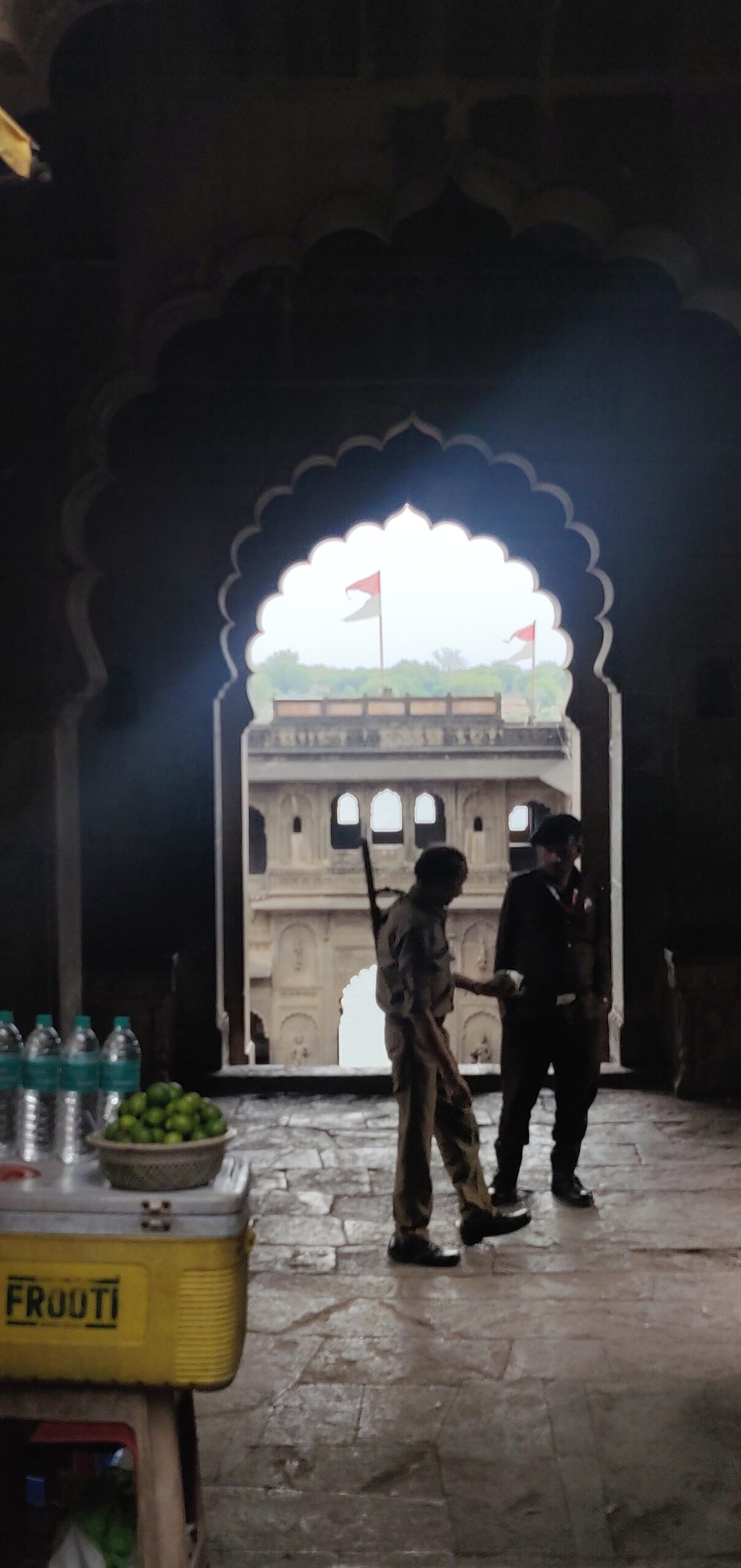
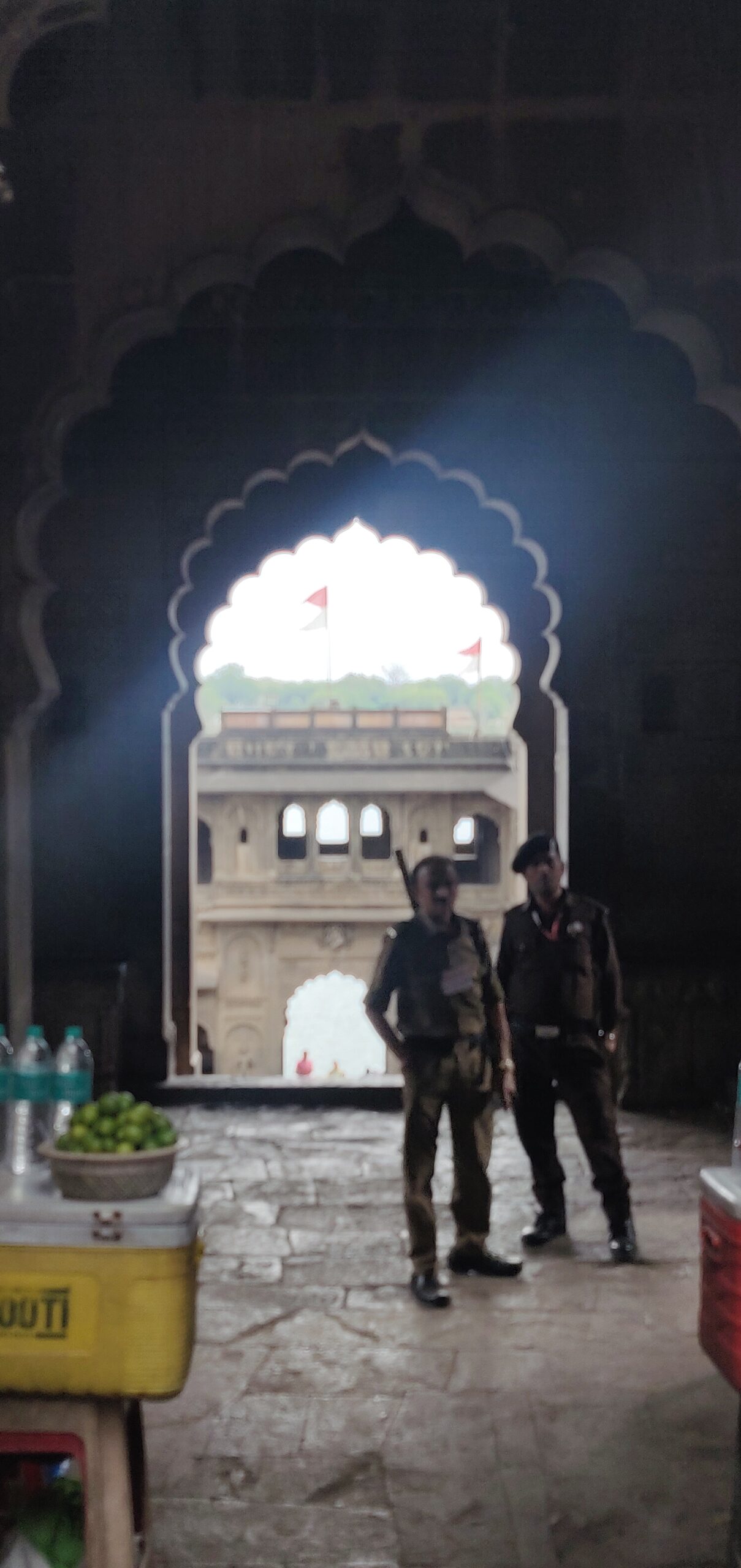
With team members leaving, I was concerned that work would come to a halt. It didn’t. Others took responsibility, and people from the community pitched in. Sure, it was slow and difficult but hell didn’t break loose. Work took care of itself but I struggled. In all the worry about work and workers, it hadn’t hit me that these were some of the people closest to me who wouldn’t show up to the office every day anymore.
The idea of my community, my people in Maheshwar was built on the foundation of the work I did here. How would the relationship stand when the foundation was shaken?
It felt like my friends were moving on to something new, leaving me behind. I was not ready to find out if our relationship would extend beyond the bounds of work. The default I had operated on had little space for them, their health, dreams, and need for free time. I had allowed myself to slip into the belief that the work was at the center of all our lives. Them leaving made me realize it wasn’t at the center of theirs.
One of them headed off on a trip to Vrindavan. Lord Krishna was the only one she was worshipping. I met her after she came back, and hadn’t seen a happier unemployed person. When I had received resignation letters, I had wondered what these two girls who spent so much of their time working, would do now. Turns out bigger concerns like health and marriage are keeping them occupied.
It’s in moments like these that I realize how out of touch with reality can I get. Then comes the discipline of finding ways to ground myself back into the real world. Work happens there but how much space it takes differs.

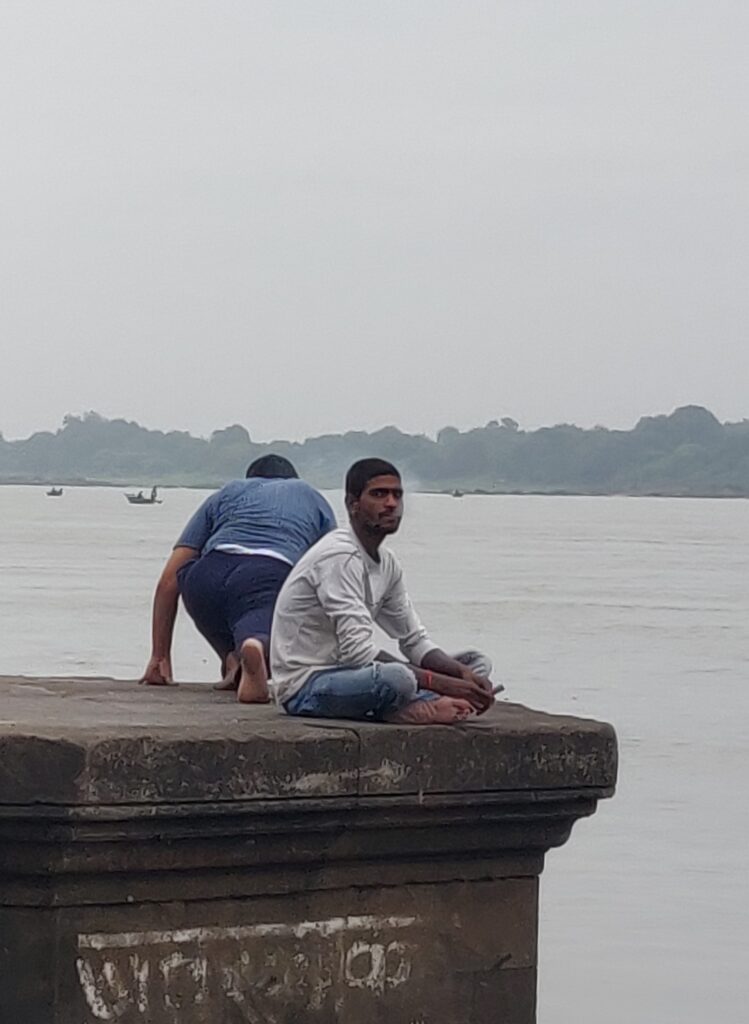
You’d be right to assume that I’m not disciplined when it comes to taking time off. When I do, more often than not I find myself next to a water body. Here in Maheshwar, that happens to be the Narmada Ghat. It is here that the internal world re-configures itself to resemble the real world.
Of course, I don’t completely forget about my work, but the thoughts flow in and out, with spaces for reflection. It’s here that I find what really makes me angry, anxious, and afraid; that the processing happens. It goes a long way but it’s not enough. When you do what you love, you need to pause and unplug momentarily to be able to work with joy.
I’ve known all of this, yet needed a reminder to practice it. One such reminder has led to the images you see throughout this letter. They are all captured as a part of trying to step out of the default, to unplug, to SEE most of what I choose to ignore when I’m busy processing my thoughts.
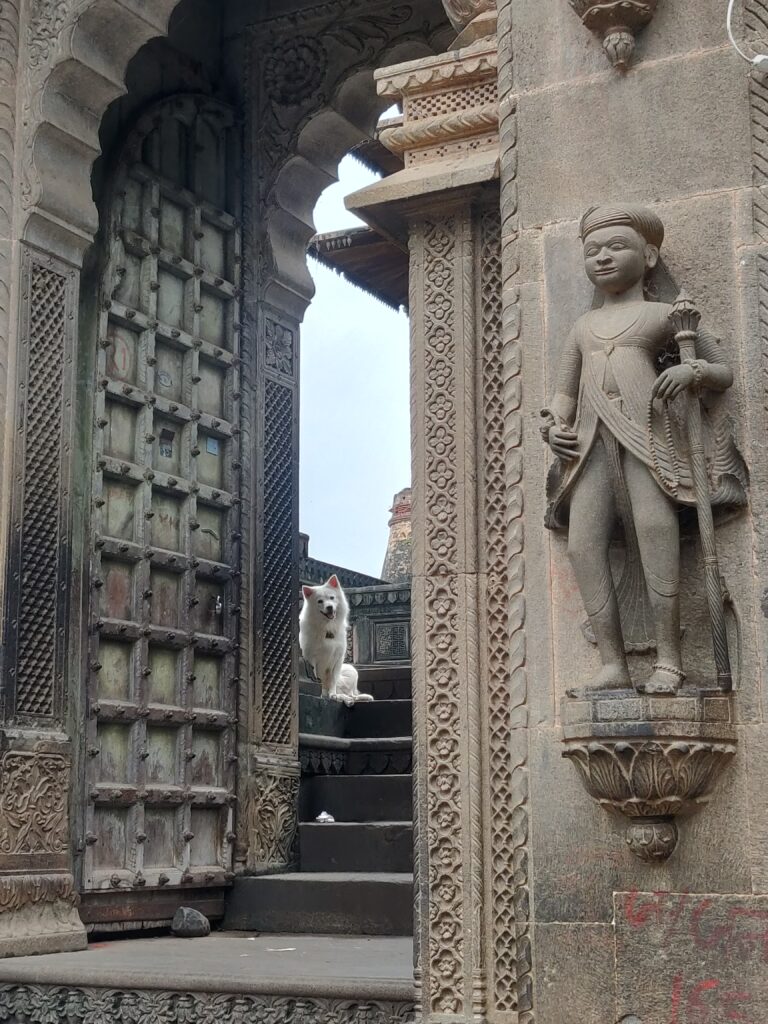
I’m certain that you are used to reading letters that start with a lot of hope such as “Hope this letter finds you well”. Mine didn’t, so my version of it for you comes here at the very end. “Hope this letter finds you in a moment where you need the reminder to pause. Hope you allow yourself to be disturbed by the things that are disturbing and they lead you to a waterbody that helps you make sense of your own defaults.“
And lastly, I hope you didn’t mindlessly scroll past the images without seeing what I saw in them 😉
With love and hope
A fellow on field.




Thank you for the reminder.
Thank you for this Ritu. Absolutely loved reading the letter. Will come back to this often.